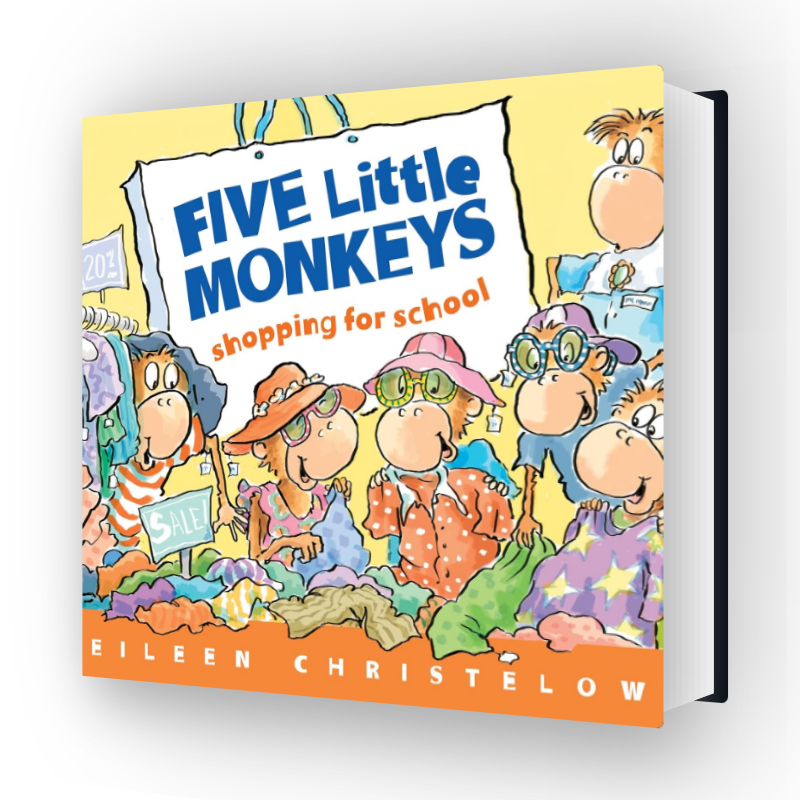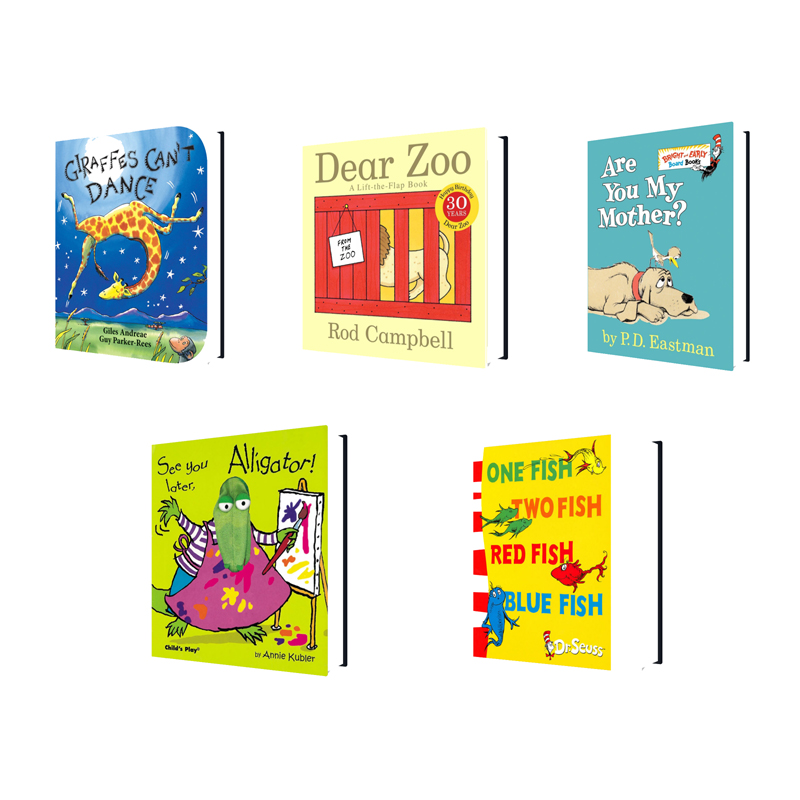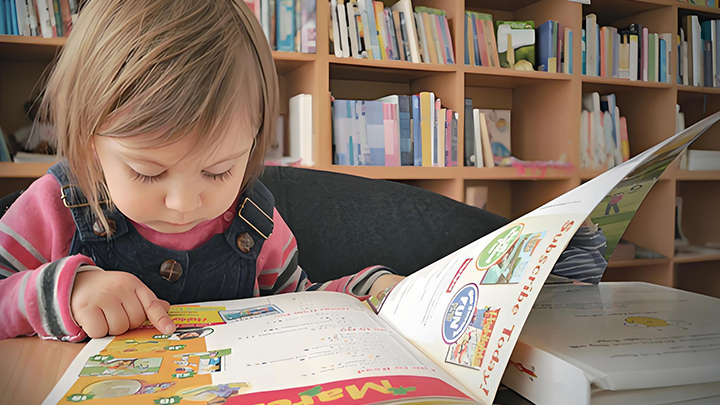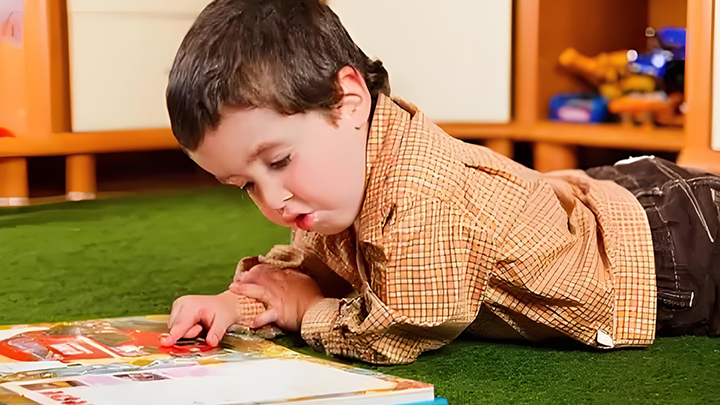The Benefits of Picture Books for Children: Nurturing Young Minds Through Stories
Picture books are more than just colorful pages filled with charming illustrations; they are powerful tools for nurturing young minds. For children, engaging with picture books offers a multitude of benefits that extend beyond simple entertainment. These beautifully crafted books play a crucial role in early childhood development, fostering language skills, creativity, emotional intelligence, and a love for reading. Let's delve into the various ways picture books contribute to a child's growth and learning.

1. Language Development and Literacy Skills
One of the most significant advantages of reading picture books to children is the enhancement of their language skills. Through exposure to a wide range of vocabulary and sentence structures, children develop essential language and literacy abilities.
Vocabulary Expansion: Picture books introduce children to new words and concepts in a contextual and visual manner. This helps them understand and remember new vocabulary more effectively. Books often use repetitive language and rhymes, which reinforce word recognition and pronunciation.
Phonemic Awareness: Many picture books use playful language, alliteration, and rhymes that help children develop phonemic awareness. Recognizing the sounds that make up words is a critical skill for early reading development.
Narrative Skills: Listening to stories and discussing the sequence of events helps children understand narrative structure. They learn to predict outcomes, understand cause and effect, and grasp the concept of beginning, middle, and end in storytelling.
2. Cognitive Development and Critical Thinking
Picture books stimulate cognitive development by encouraging children to think, question, and explore. The combination of text and illustrations promotes comprehension and critical thinking.
Visual Literacy: As children interpret the illustrations in picture books, they develop visual literacy skills. They learn to understand and analyze images, recognize patterns, and draw connections between the pictures and the story. This skill is vital in today's visually oriented world.
Problem-Solving and Reasoning: Many picture books feature stories where characters face challenges or make decisions. Discussing these scenarios helps children develop problem-solving and reasoning skills. They learn to think critically about the actions and motivations of characters and apply these insights to their own experiences.
Memory and Recall: Repeated reading of picture books helps improve children's memory and recall abilities. They begin to remember details, anticipate storylines, and even recite parts of the text, which strengthens their cognitive functions.
3. Emotional and Social Development
Reading picture books is a profound way to foster emotional intelligence and social understanding in children. Stories often mirror the complexities of human emotions and relationships, providing valuable lessons in empathy and social behavior.
Empathy and Understanding: Picture books allow children to experience the world from different perspectives. By engaging with diverse characters and their emotions, children develop empathy and understanding for others. This emotional connection helps them relate to people in real life and builds compassion.
Identifying and Expressing Emotions: Many picture books address various emotions and situations, helping children recognize and articulate their feelings. Understanding emotions through stories makes it easier for children to express themselves and navigate their emotional landscape.
Social Skills and Moral Lessons: Stories often convey important social skills and moral lessons. Through the actions and interactions of characters, children learn about sharing, cooperation, kindness, and the consequences of their actions. These lessons are foundational for their social development.
4. Stimulating Imagination and Creativity
Picture books are a gateway to the imagination, sparking creativity and inspiring young minds to explore their own ideas and dreams.
Creative Thinking: The fantastical elements and imaginative worlds depicted in picture books encourage children to think creatively. They learn to envision new possibilities, invent stories, and explore ideas beyond the confines of their everyday reality.
Artistic Appreciation: Exposure to different artistic styles in picture books helps children appreciate and enjoy art. The variety of illustrations broadens their aesthetic sensibilities and may inspire them to express themselves through their own drawings and creative activities.
Role Play and Pretend Play: Inspired by the characters and scenarios in picture books, children often engage in role play and pretend play. This type of play enhances their creative thinking and problem-solving skills while allowing them to explore different roles and experiences.

5. Building a Lifelong Love of Reading
Instilling a love of reading from a young age has lifelong benefits. Picture books play a crucial role in developing positive attitudes toward reading and learning.
Engagement and Enjoyment: The engaging stories and vibrant illustrations of picture books make reading an enjoyable activity. When children associate reading with pleasure and fun, they are more likely to develop a lifelong interest in books.
Positive Reading Habits: Regular exposure to picture books helps establish reading as a daily habit. This routine not only supports early literacy but also sets the stage for continued reading and learning throughout life.
Connection with Caregivers: Sharing picture books is often a bonding experience between children and caregivers. This shared time fosters a positive emotional connection to reading and reinforces the importance of books as sources of comfort and joy.
Conclusion
Picture books are invaluable tools in a child's development, offering a rich tapestry of benefits that touch on language, cognition, emotion, creativity, and social skills. As we read and explore these captivating stories with children, we open doors to their imaginations, broaden their understanding of the world, and lay a strong foundation for lifelong learning and growth.
In conclusion, encouraging children to engage with picture books is one of the most rewarding investments in their early education. These books do more than entertain; they nurture young minds, inspire curiosity, and cultivate a deep love for reading. By integrating picture books into their daily lives, we equip children with the skills and insights they need to thrive and flourish in the world.



